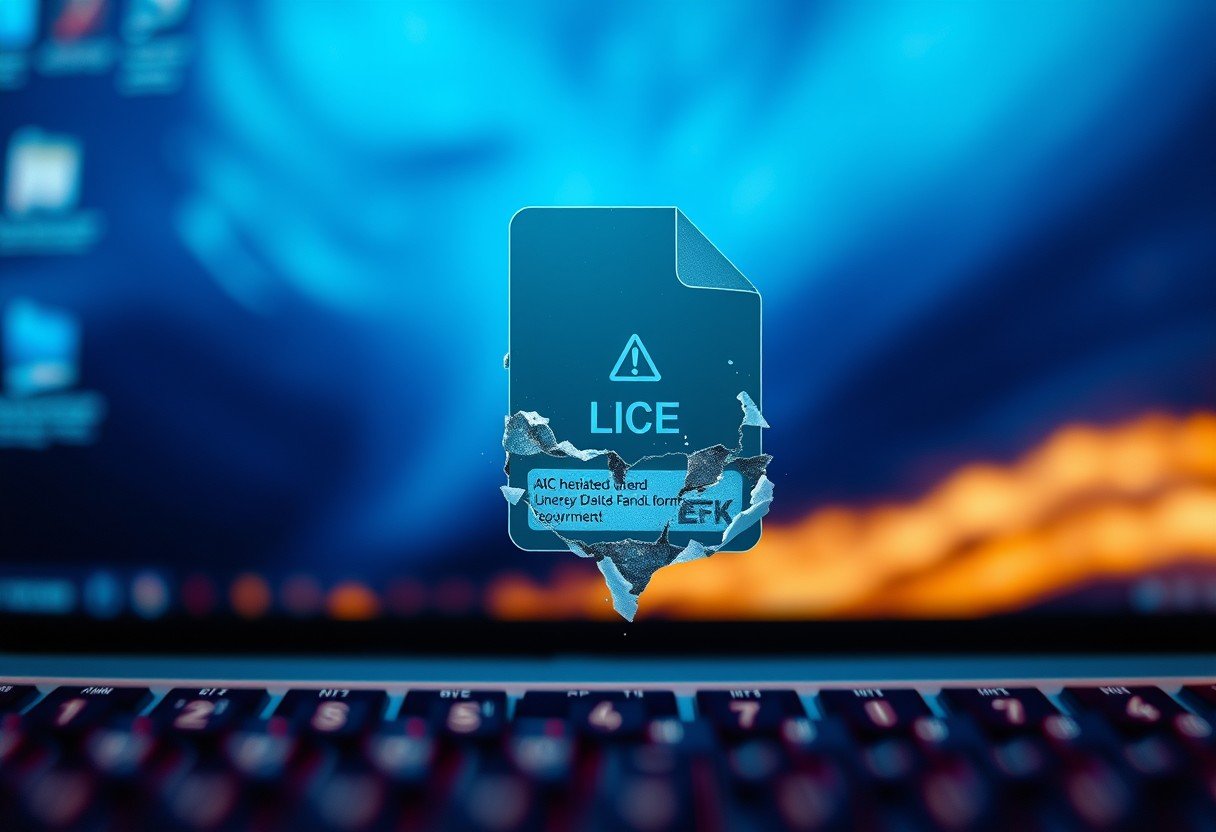Traders are the essential link between manufacturers and consumers, but their business growth can be stalled by financial hurdles like invoice delays or supply chain gaps. To overcome these challenges and expand, traders often need a financial boost. A business loan is an excellent solution, with options available from both traditional banks and Non-Banking Financial Companies (NBFCs). Understanding the differences in their eligibility, rates, and processes is key to choosing the right path for your trading business.
Why do Traders Need Business Loans?
The world of trading moves quickly, and cash flow is king. Even successful traders can face situations where they need extra capital. Common challenges include a sudden gap between product demand and available supply, requiring a large upfront investment in inventory.
Another frequent issue is a delay in payments from purchasers. When invoices are not cleared on time, it can disrupt the entire business cycle. These unforeseen events can hinder a trader’s ability to operate smoothly, let alone grow.
A business loan provides the necessary funds to bridge these gaps. It allows traders to purchase more stock, manage daily operations during a cash crunch, or even expand into new markets without waiting for pending payments to clear.
Exploring Bank Loans for Traders
Traditional banks are a common source of funding for businesses. They offer term loans and overdraft facilities that can help traders manage their financial needs. However, the process of securing a loan from a bank can be quite demanding.
Applicants should be prepared for a lengthy and thorough procedure. It is not uncommon for the approval process to take several weeks, sometimes even more than a month. This delay can be a significant problem for a trader who needs funds urgently to seize a business opportunity.
Furthermore, banks often require collateral, which means the trader must pledge an asset like property against the loan. This is a major hurdle for many small-scale traders who may not possess significant assets to offer as security.
Bank Loan Eligibility and Interest Rates
To qualify for a business loan from a bank, traders must meet specific criteria, though these can vary slightly between different banks. Generally, private banks may have more relaxed policies compared to nationalised banks.
Here are some of the typical eligibility requirements:
- Business Age: The business should be operational for at least 3 to 4 years.
- Profitability: The business must have been profitable for at least the last year.
- Annual Income: For a loan of around 15 lakhs, the net income of the business should typically be about 1.5 lakhs per year.
The interest rates for these small business loans usually fall within the range of 9% to 12%. While competitive, the strict eligibility and long processing times can make bank loans less accessible for some traders.
The NBFC Alternative for Business Loans
Non-Banking Financial Companies (NBFCs) have emerged as a popular and convenient alternative for traders seeking funds. They are known for their flexible policies that align well with the needs of small and medium-sized businesses.
The biggest advantage of approaching an NBFC is speed. These business loans can often be approved within a few working days. The entire application process can usually be completed online, saving the borrower valuable time and effort.
Many NBFCs also offer loans without demanding collateral, especially if the business has a healthy annual turnover. This removes a major barrier for traders. Additionally, they often provide features like easy monthly EMIs and no prepayment penalties, offering greater flexibility.
What are the NBFC Loan Requirements?
The eligibility criteria for an NBFC business loan are often more accessible to small enterprise owners. A minimal annual turnover of 10 lakhs and a recent Income Tax Return (ITR) of over 2.5 lakhs are common benchmarks. The business should also be running for at least 48 months, and the owner must have a residence or business premise.
The documentation required is also minimal and straightforward. Traders typically need to provide:
- PAN Card
- Bank statements for the last 12 months
- ITR filings for the last 2-3 years
- Proof of business address
- Proof of residence address
Bank vs. NBFC: Which Loan is Better for a Trader?
Choosing between a bank and an NBFC depends entirely on the trader’s specific situation, including their urgency for funds, business history, and available assets. Both institutions play a vital role in providing financial support to traders, but they do so in very different ways.
Banks are known for their lower interest rates but come with a slow, paper-heavy process and strict collateral requirements. In contrast, NBFCs prioritize speed and convenience, often with no collateral, but their interest rates might be slightly higher to compensate for the increased risk.
Here is a simple comparison to help you decide:
| Feature | Bank Loan | NBFC Loan |
|---|---|---|
| Approval Time | Several weeks to over a month | A few working days |
| Application Process | Lengthy, requires a lot of paperwork | Simple, often online |
| Collateral Requirement | Usually mandatory | Often not required for good turnover |
| Eligibility Criteria | Strict (high income, long business history) | Flexible (based on turnover, ITR) |
Ultimately, if a trader has time on their side and valuable assets to offer as collateral, a bank loan might offer a better interest rate. However, for traders who need funds quickly and without the headache of collateral, an NBFC is the more practical and efficient choice.
Frequently Asked Questions about Business Loans for Traders
What is the main difference between a bank and an NBFC loan for a trader?
The primary differences are speed and collateral. NBFCs are much faster in approving loans and often do not require collateral, whereas banks have a longer, more complex process and usually require an asset as security.
Can a new trader with a business less than 3 years old get a loan?
It can be challenging to get a loan from a traditional bank, as they typically require a business to be at least 3-4 years old. However, some NBFCs and fintech lenders may have more flexible policies for newer businesses with strong turnover and cash flow.
Do I always need collateral to get a business loan?
Not always. While banks almost always require it, many NBFCs offer unsecured business loans, meaning you do not need to pledge any assets. This decision is usually based on your business’s financial health, turnover, and credit history.
How quickly can I expect to receive funds from an NBFC?
One of the biggest advantages of NBFCs is their speed. Once your application and documents are submitted and verified, the loan amount can be disbursed to your account in as little as a few working days.
Are interest rates from NBFCs always higher than banks?
Generally, NBFCs may have slightly higher interest rates than banks. This is because they often take on more risk by offering unsecured loans and having more flexible eligibility criteria. The convenience and speed they offer are factored into the rate.








Leave a Comment